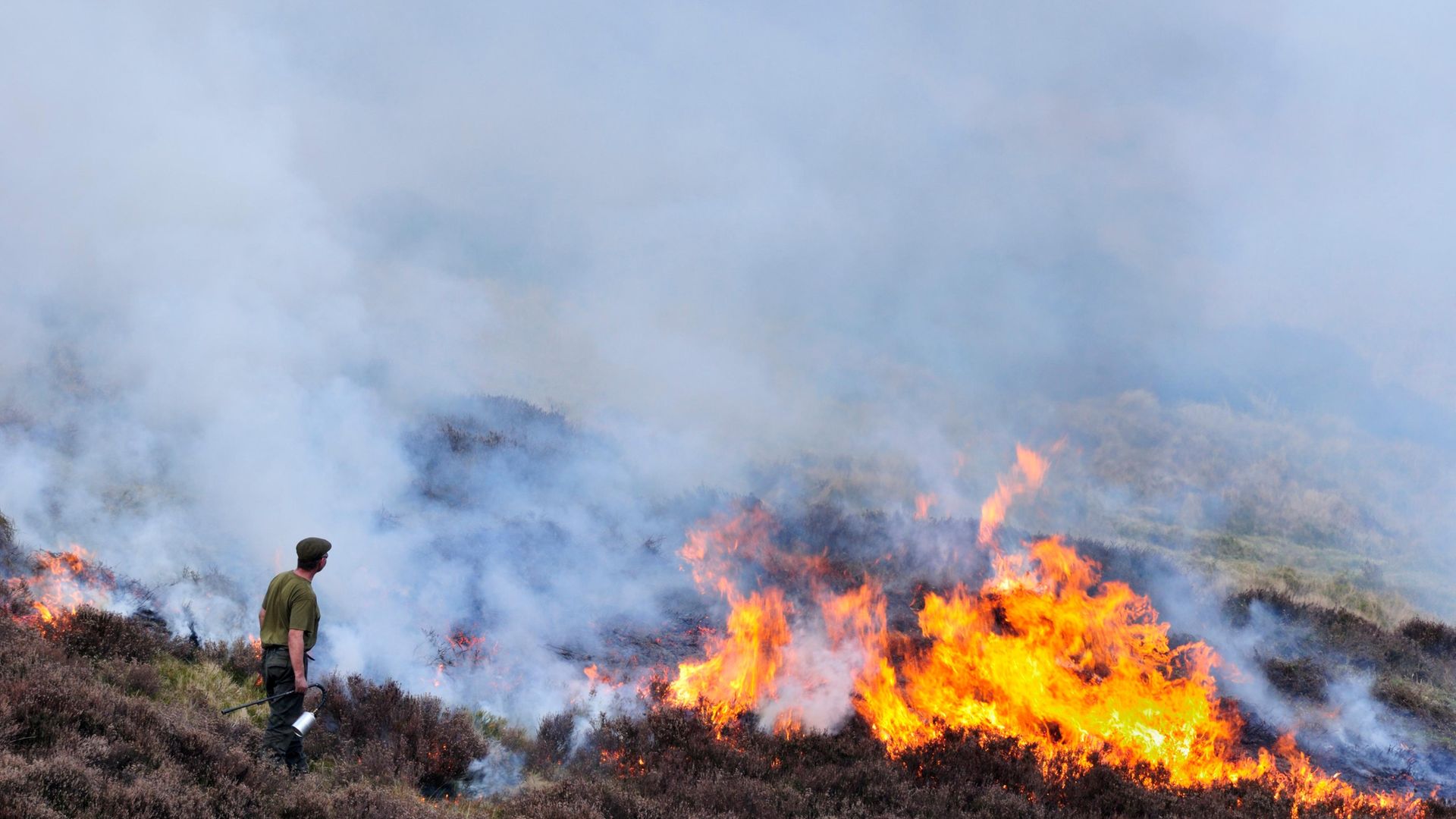Coming out of the pandemic, the shooting world must seize the opportunity to be stronger than ever before, writes James Swyer
As Britain begins opening up after the pandemic, it’s only natural to think back to what we’ve all been through. In the sporting world, the lack of those landmark events and a curtailed shooting season added more discomfort to the misery of the pandemic we were all battling bravely against. As a charity, we faced our own challenges. When the pandemic hit last March, we forecast a drop in income of £1.4 million. This proved to be accurate.
Thanks to the generosity of our supporters, limiting our expenditure, reducing staff hours and taking advantage of government support schemes (all under the careful direction of our trustees) we were able to weather the storm.
As we kept the GWCT going, we maintained our commitment to undertake high-quality research, inform policymakers and fight misinformation. Despite not being able to meet members, supporters and policymakers in person, we made sure that our research had an impact.
Our challenges weren’t always on the fields, moors and rivers we work on. I’m proud that our research also helped to fend off the legal challenges to general licences made by Wild Justice in England and Wales. Our detailed scientific submissions helped Defra to make the right decision, and the High Court to rule that Natural Resources Wales’s general licences
were lawful.
 credit: Laurie Campbell
credit: Laurie Campbell
In the most challenging year of my first eight at the GWCT, we still managed to respond to more than 15 government consultations and select committee inquiries in England, Scotland and Wales; fact check nine statements (including claims by the BBC, RSPB, Labour Party and the Guardian); publish 35 research papers; and generate 70 pieces of coverage in the national news as well as more than 1,600 stories in the regional press and magazines.
Along with reflecting on the past, it is essential that we plan for how the next few years will work. The challenges facing the countryside and the GWCT haven’t gone away. We must now navigate our way out of the pandemic as government support schemes are withdrawn. In this period of uncertainty, your support means more than ever.
The governments of all home nations face big decisions about what our countryside will look like after Brexit. This isn’t an easy challenge at any time. Right now, those who oppose traditional management of our landscape are seizing the opportunity to challenge it.
In late April, the government debated a Wild Justice petition which argued that “intensive grouse shooting is bad for people, the environment and wildlife”. This isn’t just about Wild Justice. Conservation organisations have increased their ‘ban the burn’ campaign to stop all controlled burning, even when the aim is to mitigate the risk of wildfire, which brought about a debate in parliament last November. Legal action and government petitions are the latest tools in trying to influence policy.
When responding to calls for evidence into pheasant releasing and general licences, we have relied on evidence that was undertaken 10, 20 or even 30 years ago. When we undertook that work, we didn’t know how vital it would be. For us to keep responding to consultations, undertaking a full programme of research and getting the message out about the great conservation work happening in the British countryside, we need to build back our resources.
If you’d like to support us to achieve more in the coming years, you can do so at www.gwct.org.uk/stronger or call us to find out more on 01425 652381